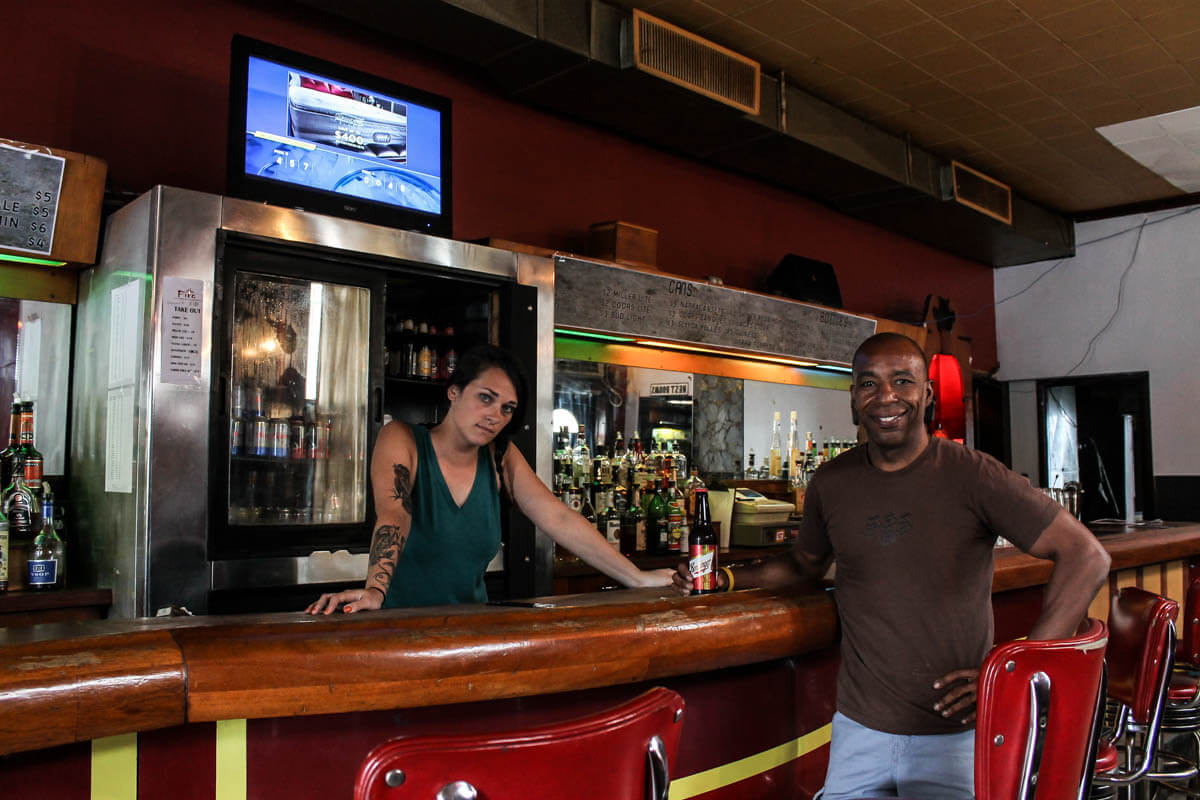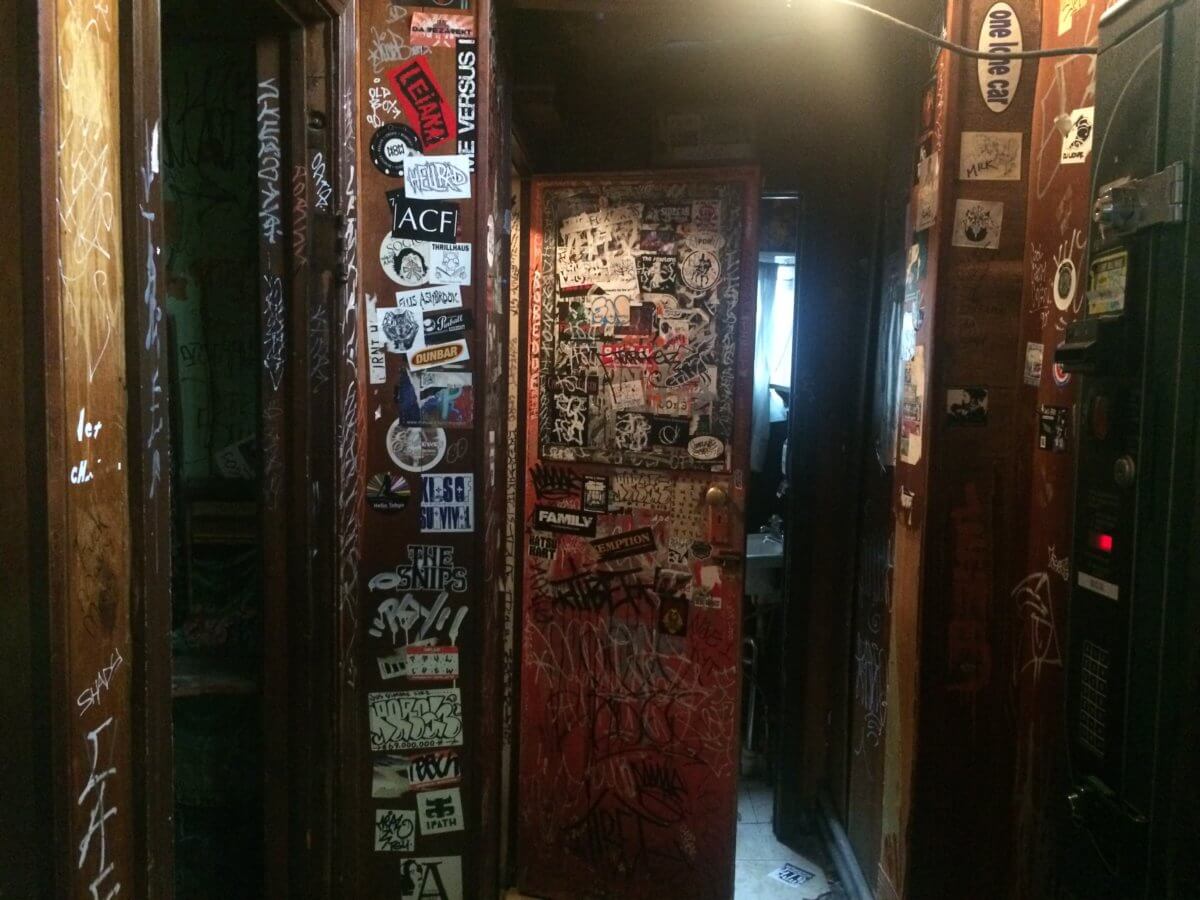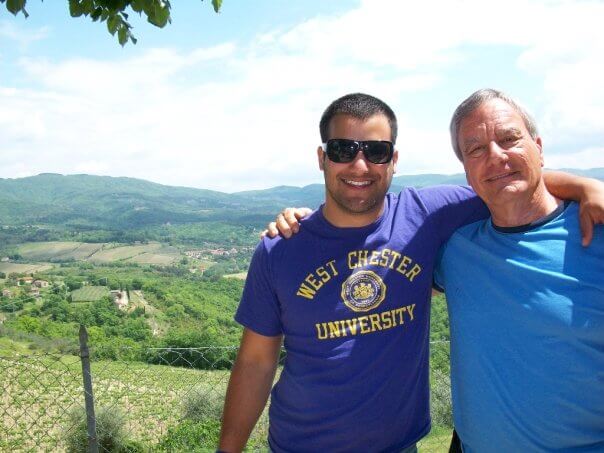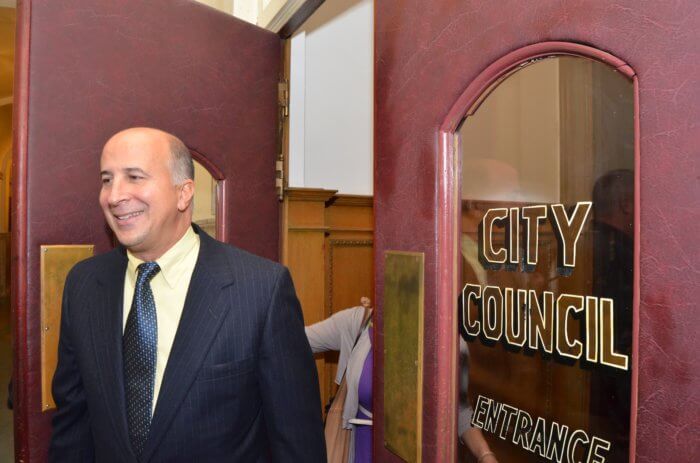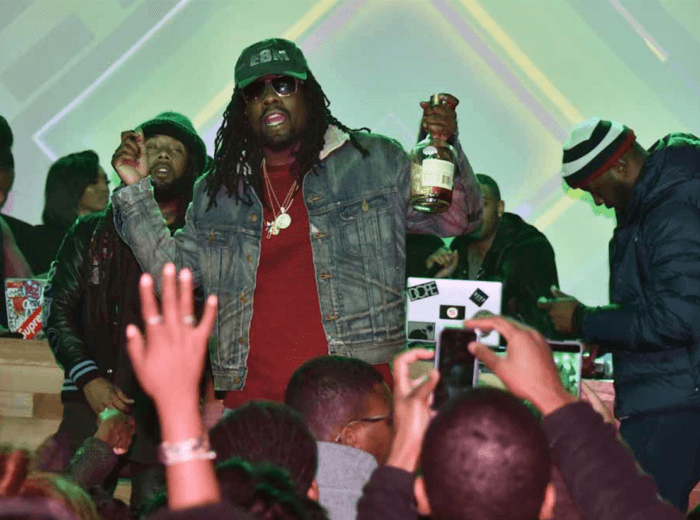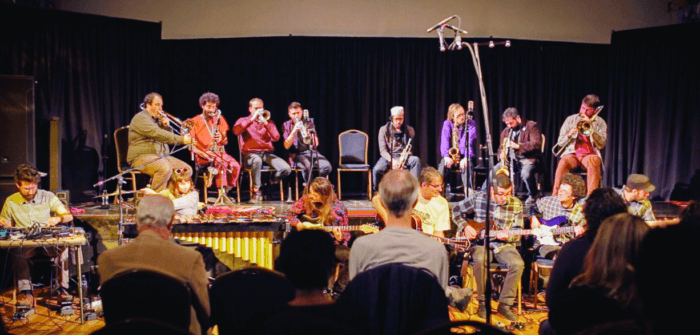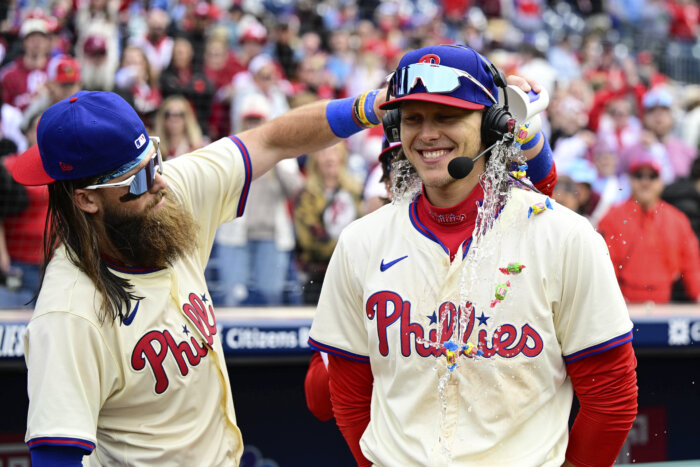The Fire’s longtime booking agent Derek Dorsey has forever fussed over the Girard Avenue live venue where he’s bought talent and directed its creative services since 2004. “My goal then — our goal — was not only to put on shows, but to help shape career paths and push local artists with real and genuine aspirations to make it in music to become stars.” Presently though, as The Fire’s operations manager and its soon-to-be new owner, Dorsey is of course still booking and guiding talent. “I’m just also talking with contractors, buying paint, pointing bricks, overseeing the installation of new beer taps, that stuff. It’s tiring but fun.” So, The Fire has a renewed vision to go with its new look, all that will be unveiled at an Aug. 13 relaunch party.
“For me, The Fire always had that off-the-grid, no rules apply, rock room vibe,” says Philly soul-folkie Ben Arnold who has played that room dozens of time in the past, and will do so again in September with Marah for an undercover surprise show. “The stage is small, dark and minimalist with your dad’s old basement rec room bar on the other side. Get 20 people in there and it feels crowded. Plus, Derek has this openness to the whatever happens, happens philosophy which has allowed the club to experience unexpected moments.” Some of those moments may seem unplanned (such as Jason Mraz holding his second album release party there after meeting Dorsey), but for the most part, helping position artists who played The Fire back in the day for success was part of the club’s purpose. “If we saw people with potential we were there for them,” says Dorsey, who arranged label and management look-sees for Philly folkie Amos Lee (“He signed his first label contract in our green room”), Dr. Dog, Santigold (as Santi White) and John Legend (when he was still John Stephens) by holding residencies for these locals. Dorsey made sure key music industry people caught their acts. In Dorsey’s opinion, the music biz and the local scene changed. The money for label advances dried up with its record sales. Philly’s scene lost more small local live music clubs than it gained. Even The Fire lost its way. That’s why Dorsey bought the club, to help refocus its mission and move forward because he believes the hot spot’s past can easily be a part of Northern Liberties’ future, to say nothing of Philly in its entirety. “We want to be a part of the neighborhood. We’re working with local concerns like Philadelphia Brewing Co. and other neighborhood distilleries to help ready the new bar, There’s new windows, flooring, sound.” (Ben Arnold jokes that it’s about time that happened as “The Fire felt very ’90s.”) Dorsey goes on to say that all this is happening now because The Fire has been a literal and figurative home to so many bands and audiences — why not fix up the old house?
“This was a home base for everyone who came here. No bravado. No posturing. Just a very real place. Hey, there was never fights at The Fire, how about that? I think a big part of our success then and now — our draw — is that we never pigeonholed ourself to any one music. We welcome as much hip-hop, funk and jazz as we do folk, rock and punk. That’s our calling card.”



